Electoral Commission of Zambia (ECZ) chief electoral officer Patrick Nshindano says stakeholders should think about how delimitation of constituencies will improve service delivery instead of focussing on how much the country will spend on more members of parliament.
Last week, Mazabuka Central UPND member of parliament Gary Nkombo said plans to increase the number of constituencies from 156 to 235 was long overdue, but that the timing was wrong as the country was bleeding economically.
But in an interview, Wednesday, Nshindano said ECZ wanted to take electoral services closer to the people.
“Different stakeholders will have different recommendations. It is very important that the stakeholders understand what the delimitation process is all about. We are trying to take electoral services closer to the people. In that regard, if you are a voter, you are able to access the polling station and when you are there, the streams are sufficient to allow you to vote at the most convenient and quickest of time; you don’t want to be there and spend hours. But in most instances, that is not the case; some people will have to walk long distances just to cast their vote so that brings about voter apathy. People will not be able to exercise their constitutional right. So, as we are delimitating, one of the things is to cut down on that. But there also other areas where people are completely cut off because of other geographical features,” Nshindano explained.
“So, it is important that delimitation happens so that we take electoral services to those people. What you want is effective representation, and effective representation entails that electorates must have some way of interacting with their leaders and if you listen to most of the people, one of the cries is that they never see their members of parliament; because of the vastness of the constituencies, the MP is unable to be able to go to these areas or hear the challenges of the people. There are so many factors to delimitation beyond just the cost so if well managed, it will not only enhance democratic practices, but it will also enhance service delivery. But when you say, ‘no, this is going to lead to the number of MPs and allowances,’ you also need to look at it from the other perspective. What is it doing for the country in terms of service provision?”
And Nshindano emphasized that the Commission had not yet come up with the number of constituencies that would arise from the delimitation exercise.
“The 235 is the number that was recommended in 2011 delimitation. But, of course, that was not approved because that process did not pass through. So, the number is yet to be determined. All parameters need to be considered when you are looking at delimitation and, of course, this is based on the recommendations by the people themselves. It’s not an exclusive process and they can go and debate. But then, it doesn’t end there because the Commission has to retreat and look at what the Constitution is saying and what are the parameters that we need to consider when delimitating a constituency. And we need to follow those parameters to the letter as enshrined in the Constitution and then come up with the numbers that are deserving for that particular district,” said Nshindano.





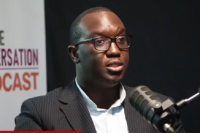
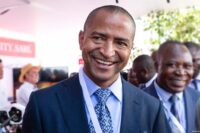
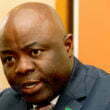
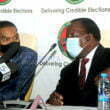

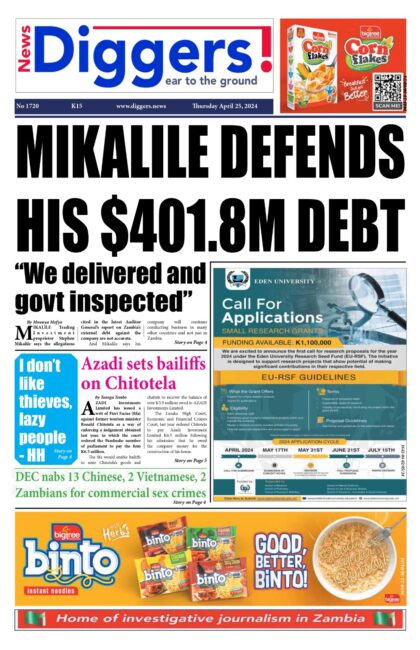


One Response
This is sickening! Big Parliament means big spending. My take is that in this information age, we need improved and affordable internet access to every corner of Zambia. Zamtel needed to be improved in this area and people will appreciate more than having MP liabilities.